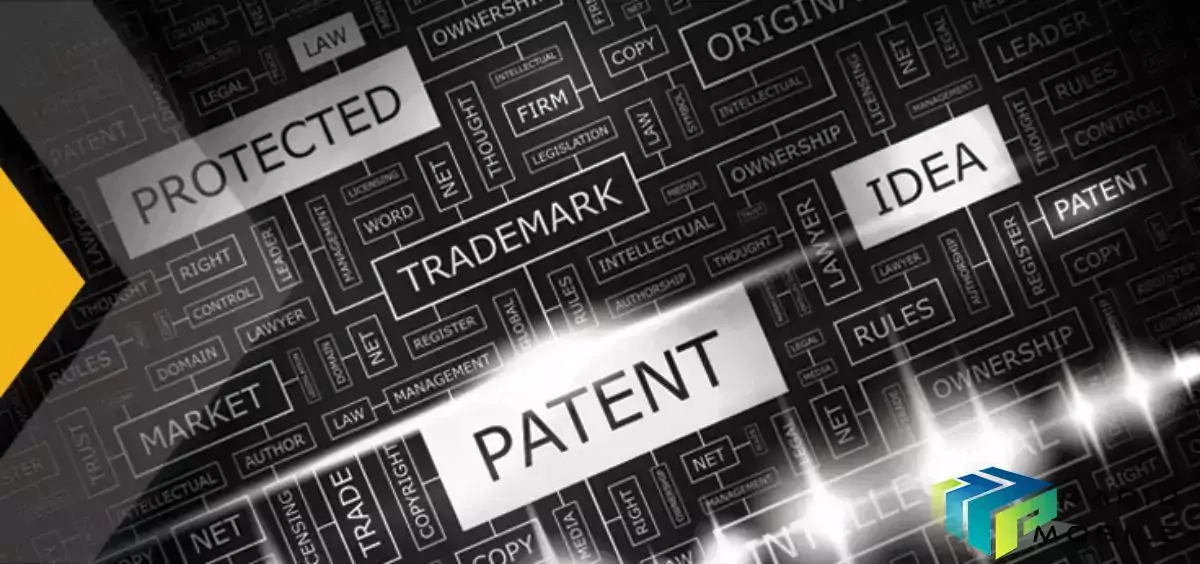A rash of recent patent lawsuits has prompted the United Nations to call smartphone makers and others mobile industry bodies together.
It said the parties needed to address the “innovation-stifling use of intellectual property” which had led to several devices being banned from sale.
It said innovations deemed essential to industry standards, such as 3G or Jpeg photos, would be the meeting’s focus.
It noted that if just one patent holder demanded unreasonable compensation the cost of a device could “skyrocket”.
Microsoft and Apple are among firms that have called on others not to enforce sales bans on the basis of such standards-essential patents.
However, lawyers have noted that doing so would deprive other companies of way to counter-attacking other types of patent lawsuits pursued by the two companies.
Fighting over Frand
Companies are supposed to license standards-essential patents on fair, reasonable and non-discriminatory terms (Frand).
That means that the patent-holder cannot discriminate who gets to use its invention and that the cost cannot be excessive.
However, the International Telecommunication Union, the UN agency hosting the event, said that the parties involved differed over what they believed to be a reasonable charge for Frand-type patents, and whether they should be allowed to seek legal injunctions to block shipments if they failed to agree terms.
“We are seeing an unwelcome trend in today’s marketplace to use standards-essential patents to block markets,” said the ITU secretary general Dr Hamadoun Torre.
“There needs to be an urgent review of this situation: patents are meant to encourage innovation, not stifle it.”
EU probes
Motorola Mobility, now owned by Google, managed to impose a brief sales ban of iPhone and iPads in Germany last year after Apple refused to pay it a licence fee. The dispute centred on a patent deemed crucial to the GPRS data transmission standard used by GSM cellular networks .
Motorola has also attempted to ban Xbox games consoles and Windows 7 software in Germany after Microsoft refused to pay it fees for a technology necessary to offer H.264 video coding and playback.
Samsung has also attempted to use its 3G patents to bar Apple from selling products in Europe, Japan and the US.
The efforts have led the EU to launch official investigations into both Motorola and Samsung’s behaviour.
No simple answer
However, industry watchers note that Apple has used lawsuits to ban Samsung products in both the US and Australia and attempted to restrict sales of other companies devices powered by Android.
Microsoft has also demanded and secured license fees from manufacturers making smartphones using Google’s operating system.
Illya Kazi, a member of the UKÃ’s Chartered Institute of Patent Attorneys said competing interests would make it hard to resolve the matter.
“The situation is complex and it’s very easy for someone to complain something is not fair because it is adverse to their position,” he told the BBC.
“I don’t think there’s a simple answer. High-level talks can’t be a bad thing, but I would be surprised if they can come up with an agreed implementable conclusion.”
The talks are scheduled to take place at the ITUÃ’s headquarters in Geneva on 10 October.



